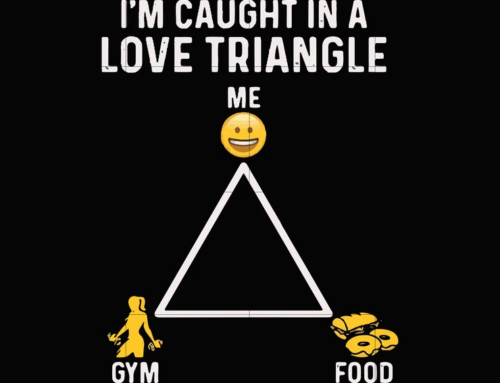3 Lessons from the Rule of 1/3
February 7, 2019
Categories: Relationships
Sometimes I get frustrated when my needs aren’t met in a relationship. “What’s wrong?” I ask myself. “Why doesn’t my partner understand what I need?” “If she really loved me, she would do [fill in the blank].”
If you are anything like me, maybe you have struggled with these questions as well.
I was talking with someone recently, and he shared something that made a lot of sense to me.
Rule of 1/3
He said from his experience as a counselor, good relationships followed what he called the Rule of 1/3:
- 1/3 of the time, your partner knows what you need and meets your need.
- 1/3 of the time, your partner doesn’t know what you need. You have to tell your partner what you need, and they meet your need.
- 1/3 of the time, your partner is either unable or unwilling to meet your need.
3 Lessons from the Rule of 1/3
Here are 3 lessons from the Rule of 1/3:
- Sometimes you and your partner are on the exact same page. These are situations where everything is clicking. Your partner senses what you need, and takes the initiative to meet your need without you even having to ask for it. I think the key here is to enjoy and celebrate these times.
- There are times when your partner doesn’t know what you need, and you have to ask for it. Even in good relationships, your partner isn’t a mind reader. You have differences. You have different needs and wants. You grew up in different families. One important aspect of good relationships is the ability to communicate your needs clearly. It is important to be able to ask your partner for what you need and want.
- You can’t always get what you want. This is true even in good, healthy relationships in which both partners love each other well. Sometimes, you will have to accept that your partner has limitations and may be unable to meet your needs. Or, you will have to accept that your partner is their own person, and there may be times when they are unwilling to meet one of your needs. There is an aspect of acceptance and disappointment in relationships that is okay and healthy. Your partner will not be able to meet all your needs. It just isn’t reality. Having that expectation will set you up for disappointment.
Discussion
What do you think of the Rule of 1/3? Does it ring true for your experiences in intimate relationships? What could you do today to start working toward (a) communicating your needs to your partner and (b) accepting the disappointment that your partner may at times be unable or unwilling to meet your need?

Related Thoughts
No Comments
Leave A Comment

Subscribe To My Newsletter
Join my mailing list to receive the latest blog posts.
Receive my e-book “The Mental Health Toolkit” for free when you subscribe.






In my little amount of experience it all boils down to the ability to communicate clearly, and that only comes from time together. When ever I haven’t met the needs of my wife its (most of the time) because I had no idea what she really needed it. I think it all comes in time with effort and getting comfortable with one another. From my experience there is fear in telling your spouse what you need and want for fear of rejection, judgement, not understanding and the idea that they might not be able to meet those needs. If we can get over those things and just communicate openly it makes s world of difference.
Matt, I think you make some great points here. Communication is key, and it takes time to feel comfortable enough to tell your spouse what you need. I also really like your point about fear. If we’re struggling to share in a vulnerable way, it’s a good bet there’s fear underneath that. Getting that fear out in the open can be a huge step. We might be able to see it for what it is, and then we can make a decision whether we want to take the risk to step into the fear.
When confronted with the third – third, I try to apply a best friend structure, meaning when you are best friends with someone, it seems easier to acknowledge the disconnect and work around it. The partner/ spouse relationship is deeper, closer and it’s an easy trap to fall into, that the third – third should not exist between you. and once you do it is easy to start looking at the second- third as part of the third, which leads to great wailing and gnashing of teeth.